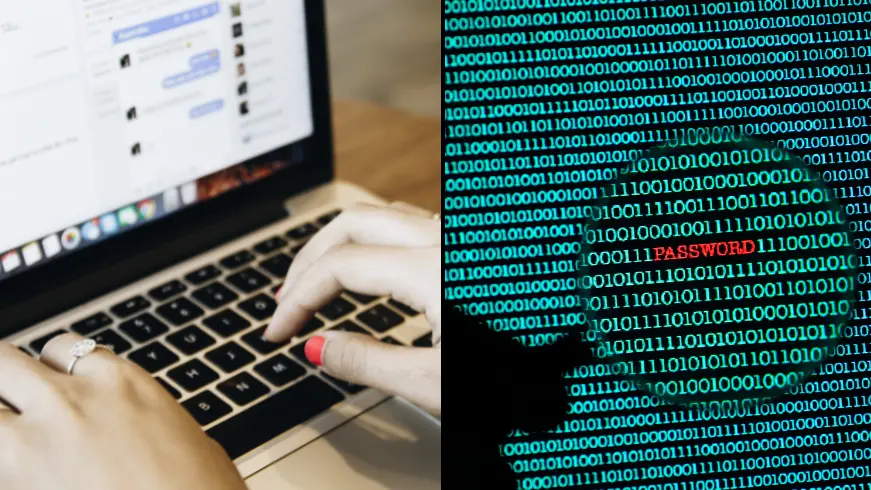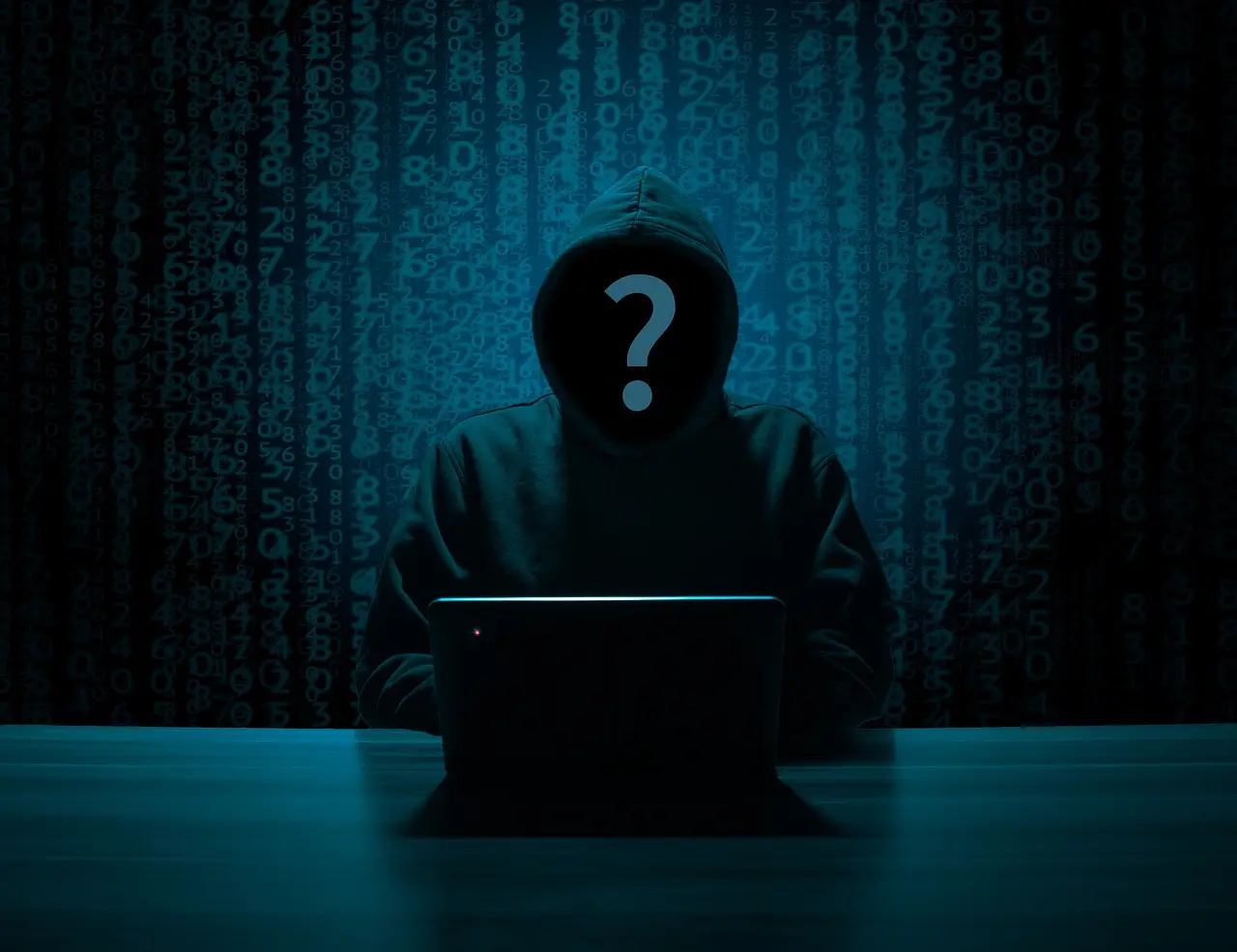
Experts have revealed some of the most commonly used passwords to avoid in order to keep your accounts safe.
Remembering a password can be a faff. You repeatedly enter your password only to be rejected. Frustrated, you go to change the password, but are then told that 'new password can't be same as old password'.
Then you go out to buy a new laptop to replace the one that you furiously defenestrated.
However, there are ways that you can make your password more difficult to guess, and also safeguard it against some of the techniques that hackers use.
Advert
A report from Dojo outlines the five common techniques used by cyber criminals, including 'brute force', where they use millions of passwords per second to get into accounts. There's a 'dictionary attack', which is using common words to guess.

Another is phishing, where a scammer tries to con someone into providing information. There's also malware, where software installed on a device accesses private information.
Finally, there is simply trying to guess weak passwords.
There are ways to protect yourself from all of these, and using a strong password is the best way to guard against someone accessing your personal data.
Dojo explains that there are mistakes that you should avoid to make sure your password is as secure as possible. For example, the passwords 'purple', 'letmein' or '202201' can all be guessed in less than a second. Whereas 'wednesday1' takes over 2,000 seconds to crack which highlights the difference a small change can make.
Its study found that over 1.5 million passwords were eight characters or less so choosing a password that is a minimum of 8-12 characters long would be a good place to start.
Dojo also says a major flaw is using only lowercase letters as this makes a password vulnerable. So don't use 'password' (for example), instead opt for something like 'PaSsWoRd'.
Another factor is numbers. Using only numbers - especially in a date format - can be very easy to guess, but combining them with a mixture of letters is much better. There's also special characters, so anything that's not a letter or a number.

So, to go even further 'P@SsW0rD_' would be much more effective than just 'password'.
It's not just the composition of the password which is important, but also the subject matter that you choose. There are a number of commonly chosen subjects which could make guessing a password easier. It's understandable, as obviously we need to remember the password as well.
The most popular one is nicknames and terms of endearment, with ones to avoid being things like 'king', 'boo', and 'rose'.
Another is colours, with Dojo stating that 'red' is the most common colour to stay away from, followed by 'blue', 'black', 'gold', 'green', 'pink', 'white', 'brown', 'silver' and 'grey'.
Other categories include music artists - steer clear of Dr. Dre, Abba, Queen, SZA, Drake, BTS, Eminem, Future, Nirvana and Adele - as well as TV characters and shows, and fashion brands.
In addition, Dojo stresses to avoid using the same password across multiple accounts as this makes your chance of being hacked much more likely.
Pick a random word and add in loads of special characters and numbers, and you'll be fine until you inevitably forget it and have to reset it immediately.
Topics: Crime, Technology
